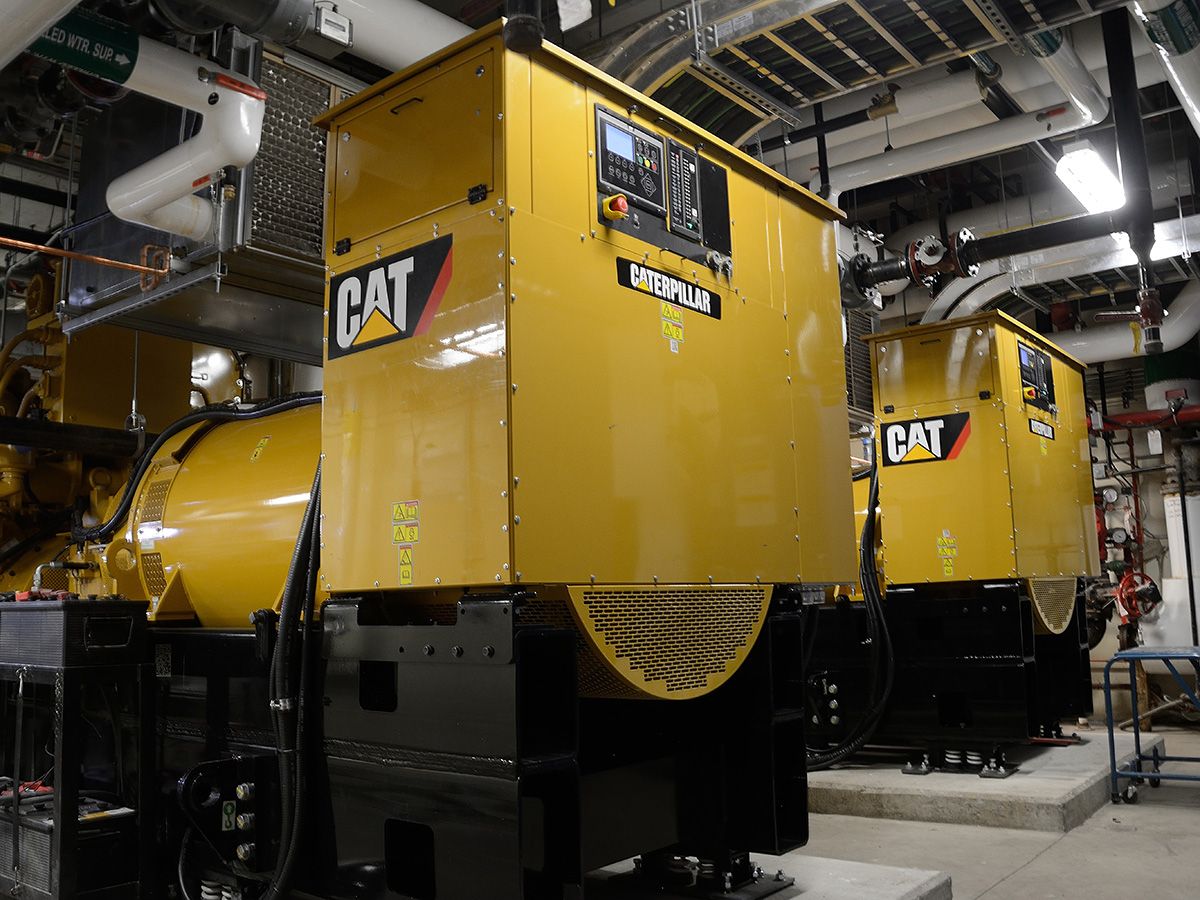Mannheim, March 26, 2019
Due to the energy reform and the associated structural change in Germany, cogeneration will become increasingly important for distributed energy supply purposes. This has also been confirmed by the concluding report of the “Growth, Structural Change, and Employment” Commission, which recommends the gradual replacement of lignite-fueled power plants with CHP plants and other technologies and the transition from fossil energy sources to regenerative energy sources.
Distributed power generation helps medium-sized enterprises and energy suppliers to duly tackle the challenges posed by the supply/demand situation, the power quality, and infrastructure costs. Owing to their high electrical and thermal efficiency, reliability, and low operating and maintenance costs, natural gas-fueled gas engines are ideally suited for distributed energy generation. Additional, if the circumstances are convenient, cogeneration can make the financial aspect of distributed energy generation even more attractive for businesses.

Up to 50 percent less ecological footprint of CHP Plants Compared to Conventional Power Generators
Cogeneration refers to the concurrent generation of power and heat. The heat from the combustion is fed into a connected system and can be used as district heat. The main advantage of CHP plants over conventional power generators is the higher efficiency. Apart from an overall efficiency of 75 to 80 percent, the utilization degree of natural gas CHP plants is up to 90 percent. Thus, the efficiency of the energy generation is increased without raising the fuel consumption, and greenhouse gas emissions are reduced.
The steam turbine genset of a power plant eliminates the need for additional investments in sophisticated heat recovery systems. The only precondition is that the value of the energy gained from the heat significantly exceeds the installation and operating costs.
Improved Sustainability and Energy Efficiency with Gas-Fueled CHP Plants
Apart from a few exceptions, cogeneration is suitable for many distributed energy generation sites. However, some heat loads are too low to justify an investment in heat recovery technology. Cogeneration is especially attractive in locations with high power prices and relatively low fuel prices as well as mandatory sustainability, energy efficiency, and carbon reduction goals. Facilities and institutions that have a high potential for distributed energy generation with gas CHP plants include hospitals, sewage treatment plants, universities, district energy systems, and process industries.
Caterpillar Energy Solutions: Reliable Partner for the Implementation of Power Plants for Distributed Energy Generation
Under its two product brands Cat and MWM, Caterpillar Energy Solutions offers trend-setting, eco-friendly solutions for distributed energy generation. With its gas engines and cogeneration power plants that are continually further developed and optimized, Caterpillar is a leading provider of highly efficient, ecologically progressive distributed energy solutions.
Reference Case: Cat® G3516H gas-powered generator sets for Enwave Energy Corp. in Toronto
DATENSCHUTZHINWEIS: Beim Abspielen von Videos gelten die Datenschutzbestimmungen von YouTube. /// PRIVACY NOTE: If you play a video, privacy regulations of YouTube apply.
